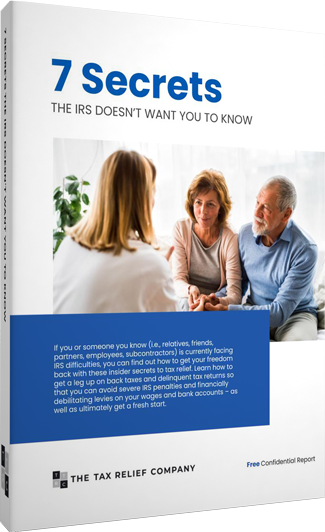Can’t sleep? Read the IRS tax code.
9/15/22- Weekly letter – Can’t sleep? Read the IRS tax code.
Greetings!
I am an insomniac and have been for many, many years. Over the years, I have tried warm milk, tryptophane, sleeping pills, Sleepy Time Tea, CBD, melatonin, and medical marijuana (THC). These products work for short periods and then stop. Fortunately, the THC has been working well. 😴
Jeff, however, can fall asleep anywhere. Do you hear my jealous bones rattling?
You may know that we are avid readers, and before going to sleep, we read 💻, for an hour or two, enjoying mindless novels. In addition, Jeff calendarizes his technical reading during work hours.
As an EA and CTRS, he must be current on all the tax laws and changes to the IRS tax code. You may not know that besides being your trusted tax advisor and certified tax resolution specialist, Jeffrey Schneider, EA, CTRS, is also a national speaker for several companies that offer education to EAs, CPAs, and tax preparers. Besides teaching, Jeff must take 72 hours of continuing education every three years. Additionally, he takes additional CE in specialized areas. Clients have told us that they are amazed at the knowledge Jeff possesses. What a memory on this man!
Can’t sleep? Try reading the IRS tax code. It may bore you into a deep sleep unless you are a tax nerd.
The US Tax Code is 6,871 pages.
However, when you include the federal tax regulations and the official tax guidance, the number of pages rises to approximately 75,000. This reading will take an average reader about 14 weeks to finish. Are you up for it?
During your reading, you will find specific language that is very unfamiliar to you. After all, tax code and learning tax law may not be your bailiwick.
For example, one of the more uncommon words used by the IRS is the term “contemporaneous.” So, what does it mean, and why should you care?
According to the service, it means that the records used to support a claim on your tax return are created and originated at the same time as your claimed deduction.
Perhaps you knew you had certain expenses but forgot to get a receipt. You can complain, but repeatedly the IRS has had the tax court uphold their exclusion of a taxpayer’s deduction for lack of contemporaneous documentation. Here are some areas where the term contemporaneous is especially important:
- Charitable contributions
- Mileage logs
- Tip records
- Gambling losses
Here are 4 tips that you should be aware of.
- Always get a receipt.
- If you forgot to get one at the time of purchase, call the vendor immediately for a copy before you forget, or the vendor goes out of business.
- Bear in mind the tax year. You are usually good to go if the documentation is received in the same year as the donation.
- Keep a log or spreadsheet for auto use and tips not reported to your employer. Many transactions require the correct documentation at the time the activity occurs. This is true with deductions for mileage, gambling losses, and tip income.
Ali “not always getting my Z.Z.s” Schneider
Director of Business Development
P.S. Sign up today to receive your newsletters and other communications in your email. Click here, https://bit.ly/3c8Gkc9.
P.S.S. When you are ready to meet with us, call 772-337-1040 or book your appointment online, https://go.oncehub.com/SFSTax.
Tax Humor
Whoever wins the Mega Millions jackpot will make history.
They’ll be the first billionaire to pay taxes. -Upjoke
Weekly Taxpayer Question
What happens if I miss filing my tax extension?
If you miss the tax extension deadline, you’ll incur retroactive penaltie s and interest to your original tax due date (usually April 15).
s and interest to your original tax due date (usually April 15).
It’s important to know that you must pay your taxes by the tax deadline, or you’ll incur penalties. The tax extension deadline only applies to filing taxes and not paying any tax due.


